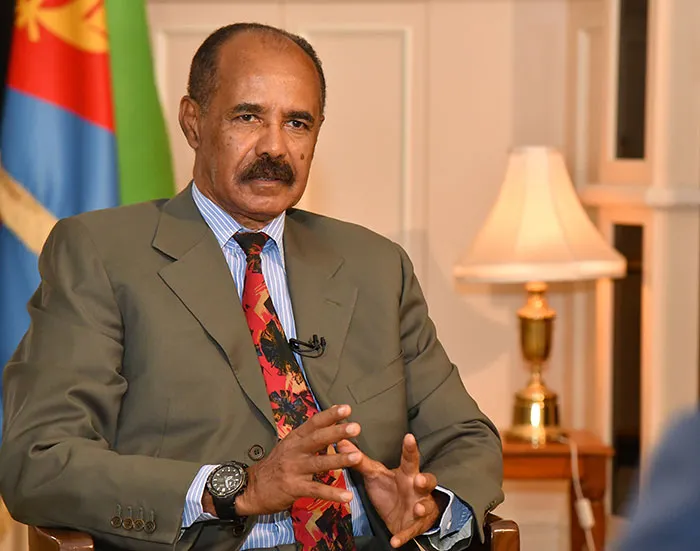Eritrea has re-established its membership in the Eastern African Regional Block known as the Intergovernmental Authority on Development in Eastern Africa (IGAD), after a 16-year absence, according to a statement by the nation’s Information Minister, Yemane Meskel. This development represents Eritrea’s ongoing efforts to mend relations with neighbouring countries.
In 2007, Asmara withdrew from IGAD to object to the deployment of Ethiopian forces in Somalia, aimed at driving out al-Shabab militants who then dominated southern Somalia. “Eritrea resumed its activity in IGAD and took its seat at the 14th Ordinary Summit in Djibouti,” tweeted Mr Meskel late on Monday, post-summit. Although he did not disclose what catalysed this decision, he stated that Eritrea seeks to support fellow IGAD members in fostering regional peace and stability.
Eritrea has had a tumultuous past since gaining independence in 1993 under President Isaias Afwerki. The country waged a border conflict with Ethiopia from 1998 to 2000 and has had a chequered history with its neighbours.
Furthermore, Eritrea faces sanctions from the United States and the European Union due to allegations of human rights violations.
In recent times, however, Eritrea has made strides to mend regional ties. A landmark peace accord with Ethiopia was signed in 2018, which officially terminated the prolonged state of war. In addition, diplomatic relations with Somalia have been restored, rapport with Djibouti has been normalised, and relations with Kenya have been fortified. The latter even revealed plans to inaugurate an embassy in Asmara this year.
Notwithstanding, international human rights organisations continue to voice concerns over the repressive nature of President Afwerki’s regime. Compulsory military conscription still drives multitudes to flee the country annually. The 2023 Global Slavery Index ranks Eritrea alongside Mauritania and North Korea for the highest prevalence of modern slavery globally.
Moreover, Eritrea garnered global criticism for the purported atrocities perpetrated by its forces in the Tigray region of northern Ethiopia during the 2020-2022 conflict. Eritrean forces were accused of supporting Ethiopian troops against Tigrayan forces.
Asmara has refuted these allegations, but eyewitness reports suggest Eritrean forces persist in human rights violations in the area, even after a truce was declared in November. In the previous month, large demonstrations took place in Tigray, protesting the ongoing presence of Eritrean troops, who were not addressed in the ceasefire agreement.
As Eritrea attempts to build bridges within Eastern Africa, the international community is closely monitoring the nation’s progress and conduct.




